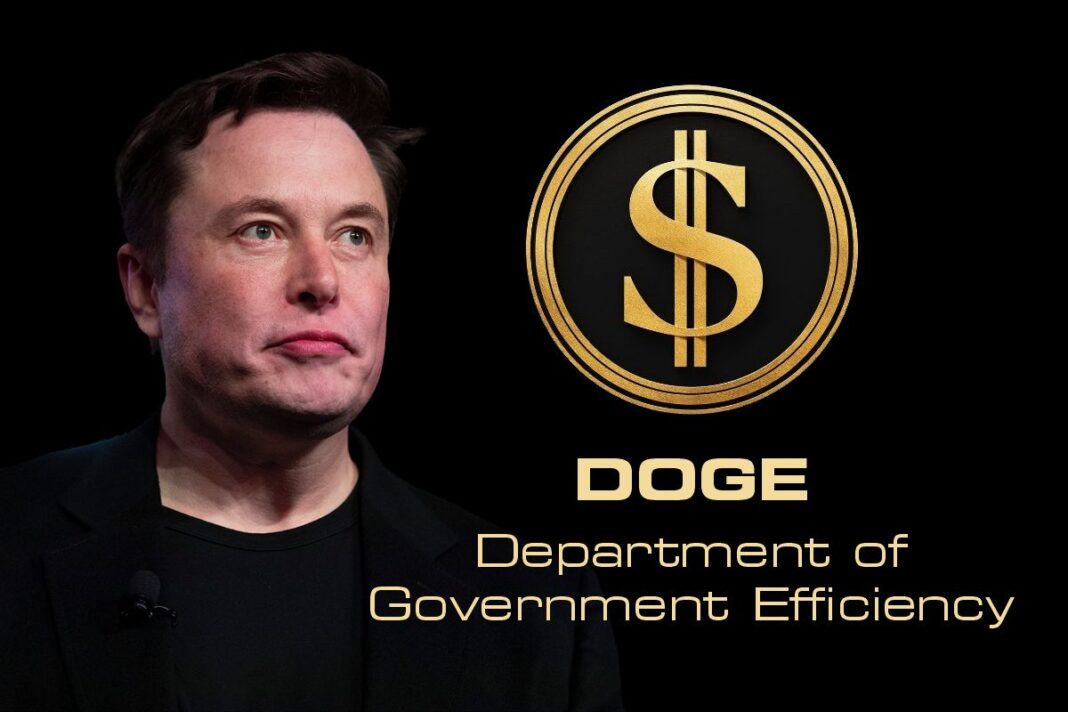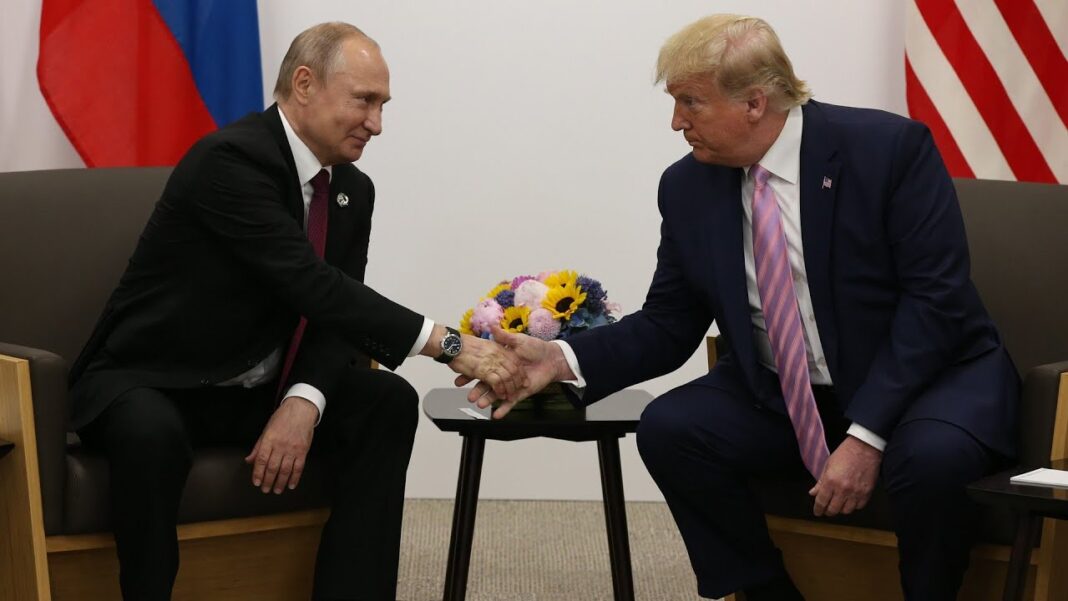The policy, which required federal workers to report on ‘five things’ they accomplished every week, was highly controversial, and many agencies ignored it.
WASHINGTON—The Trump administration has rescinded a policy instituted by Elon Musk during his government service that required federal employees to list “five things” they completed as part of their duties every week for the Office of Personnel Management.
The guidance was rescinded by the agency on Aug. 5, and a statement to the media about the rescinding was released on Aug. 6. The rescinding means that employees will no longer be required to send such emails to the agency managing the federal civil service.
“We communicated with agency HR leads that OPM was no longer going to manage the five things process nor utilize it internally,” Scott Kupor, the director of the Office of Personnel Management, said in an email to The Epoch Times. “At OPM, we believe that managers are accountable to staying informed about what their team members are working on and have many other existing tools to do so.”
Many agency executives had already exempted their personnel from sending the emails to the Office of Personnel Management, which released guidance in February that permitted such exemptions. Some department agencies, such as the Department of Homeland Security and the FBI, had exempted their entire staff from the process.
The email, first sent out in late February, asked all employees to reply “with approx. 5 bullets” of what they accomplished in the previous week and to copy their supervisors on the emails. It specified that classified information—which is frequently handled by some government employees and may be necessary to summarize their tasks—should not be emailed.
“Failure to respond will be taken as a resignation,” Musk wrote about the email on X on Feb. 22, shortly before it was sent out. The post was international news and prompted criticism from Democrats and civil service organizations, who claimed that Musk was harassing the civil service.
Musk was serving as the de facto leader of the U.S. DOGE Service Temporary Organization, known commonly as the Department of Government Efficiency. He also held the position of senior adviser to the president at the White House.
By Arjun Singh








